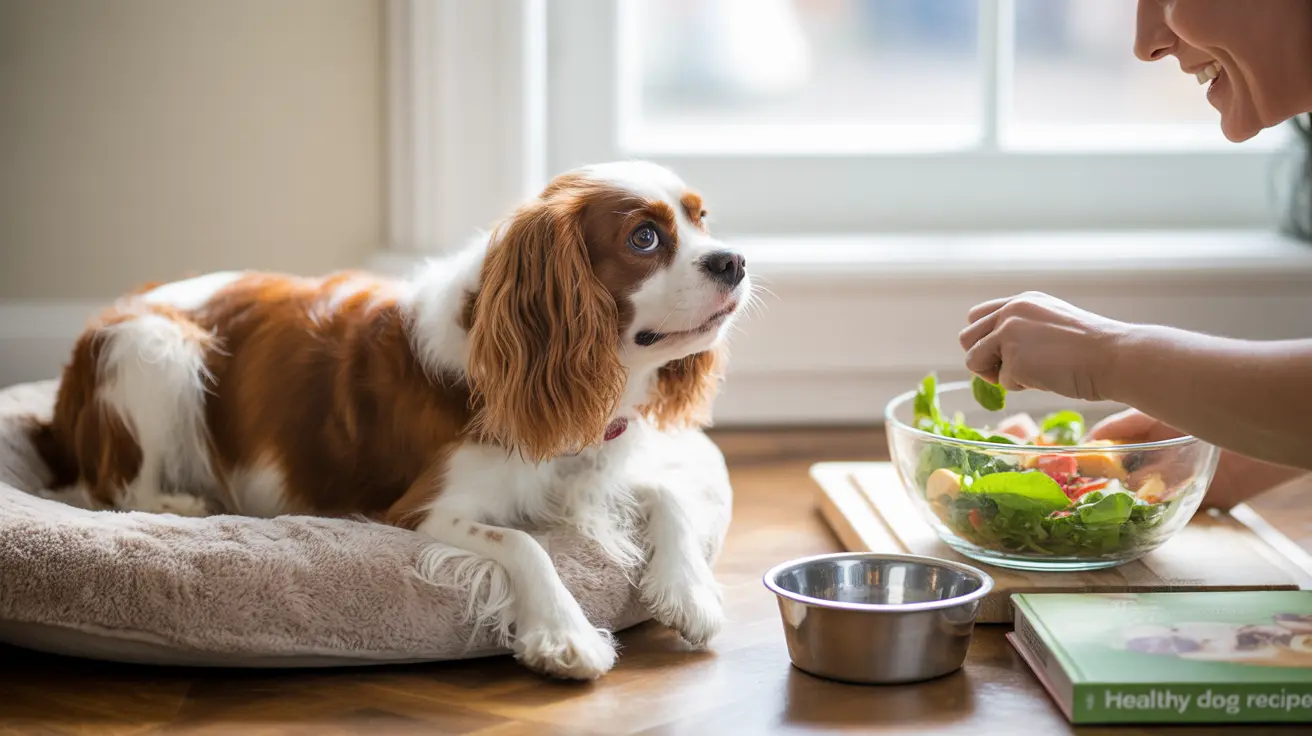Understanding Average Lifespan Statistics
Recent studies provide insight into the typical lifespan of Cavalier King Charles Spaniels. A 2024 UK study revealed an encouraging median age at death of 11.8 years, showing improvement from previous estimates. However, these numbers can vary significantly by region and individual circumstances.
While some Cavaliers may live beyond 15 years, it's important to note that this breed tends to have a shorter lifespan compared to other small dogs, primarily due to inherited health conditions.
Key Health Factors Affecting Longevity
Heart Health and MVD
Mitral Valve Disease (MVD) stands as the most significant health challenge affecting Cavalier lifespans. By age five, over 50% of Cavaliers develop heart murmurs, with the percentage increasing to nearly 100% by age ten. Regular cardiac screenings and early intervention are crucial for managing this condition.
Neurological Conditions
Syringomyelia (SM) affects more than half of all Cavaliers, while Chiari-like malformation is almost universal in the breed. These conditions can significantly impact quality of life and require careful monitoring and management.
Maximizing Your Cavalier's Lifespan
Proactive Healthcare
Regular veterinary check-ups are essential, with particular attention to heart health monitoring. Early detection and treatment of health issues can significantly extend your dog's life expectancy. Consider scheduling bi-annual check-ups, especially as your Cavalier ages.
Nutrition and Weight Management
Maintaining a healthy weight through proper nutrition and portion control is crucial. A balanced, high-quality diet can help prevent obesity-related health issues and support overall longevity. Work with your veterinarian to develop an appropriate feeding plan.
Exercise and Mental Stimulation
While Cavaliers don't require intense exercise, regular moderate activity helps maintain heart health and prevents obesity. Daily walks, gentle play sessions, and mental enrichment activities contribute to both physical and mental well-being.
Environmental Factors
Creating a comfortable, stress-free environment is essential for your Cavalier's longevity. Maintain appropriate indoor temperatures, provide a quiet space for rest, and ensure regular grooming to prevent skin and ear infections.
Frequently Asked Questions
What is the average life expectancy of a Cavalier King Charles Spaniel?
Cavalier King Charles Spaniels typically live between 9 and 14 years, with recent studies showing a median lifespan of 11.8 years. Individual dogs may live longer with excellent care and good genetics.
How do genetic health issues like mitral valve disease affect Cavalier King Charles Spaniel lifespan?
Mitral valve disease significantly impacts Cavalier longevity, being the leading cause of death in the breed. Regular cardiac screening and early intervention can help manage the condition and potentially extend lifespan.
What lifestyle factors can help increase the lifespan of a Cavalier King Charles Spaniel?
Regular veterinary care, proper nutrition, weight management, moderate exercise, and a stress-free environment all contribute to increasing a Cavalier's lifespan. Avoiding obesity and maintaining dental health are also crucial factors.
How important is regular veterinary care for extending a Cavalier King Charles Spaniel's life?
Regular veterinary care is essential for Cavaliers, particularly due to their predisposition to heart and neurological conditions. Early detection and management of health issues can significantly impact longevity.
Do female Cavaliers live longer than males, and does spaying/neutering impact their longevity?
Studies suggest that female Cavaliers tend to live slightly longer than males, and spayed/neutered dogs generally have increased lifespans compared to intact dogs. However, individual factors and overall health care play more significant roles in longevity.
While Cavalier King Charles Spaniels may face certain health challenges, understanding these issues and providing appropriate care can help ensure your beloved companion enjoys a full and happy life. Remember that each dog is unique, and working closely with your veterinarian to develop a personalized care plan is key to maximizing your Cavalier's life expectancy.






